UCR researchers find commercial fast-charging damages EV batteries, propose new internal-resistance-based technique
Green Car Congress
MARCH 13, 2020
Commercial fast-charging stations subject electric car batteries to high temperatures and high resistance that can cause them to crack, leak, and lose their storage capacity, according to researchers at the University of California, Riverside (UCR) in a new open-access study published in the journal Energy Storage. Sebastian et.

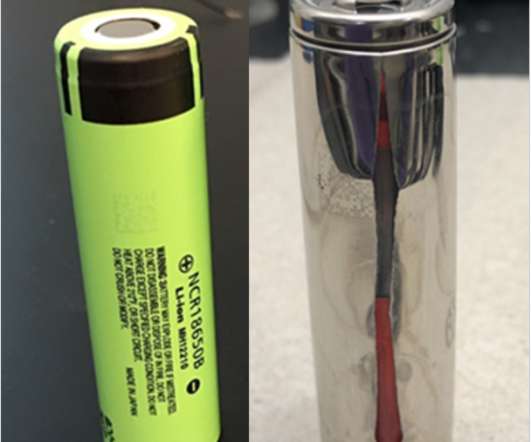




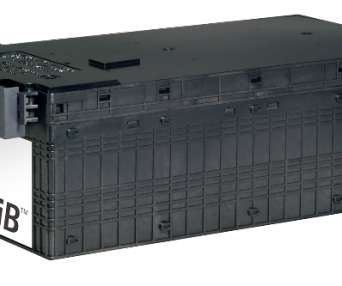

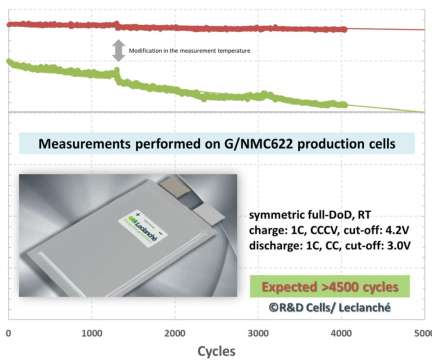

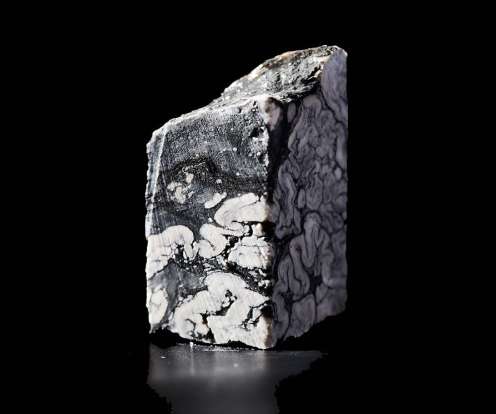
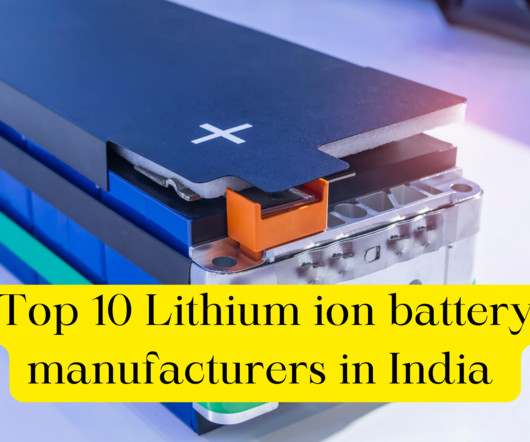




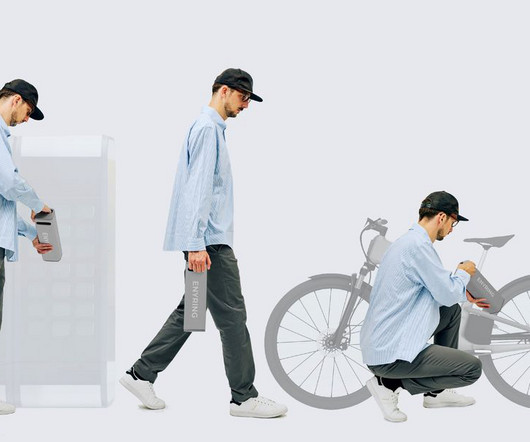









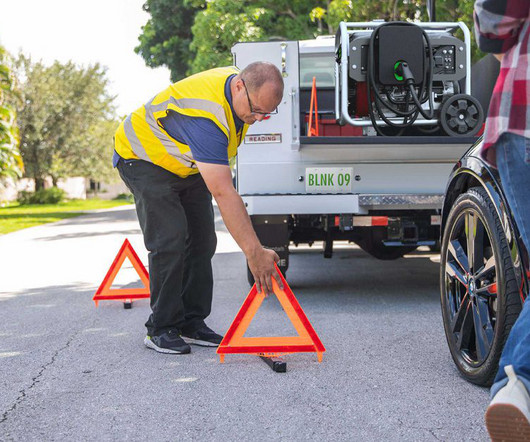

















Let's personalize your content